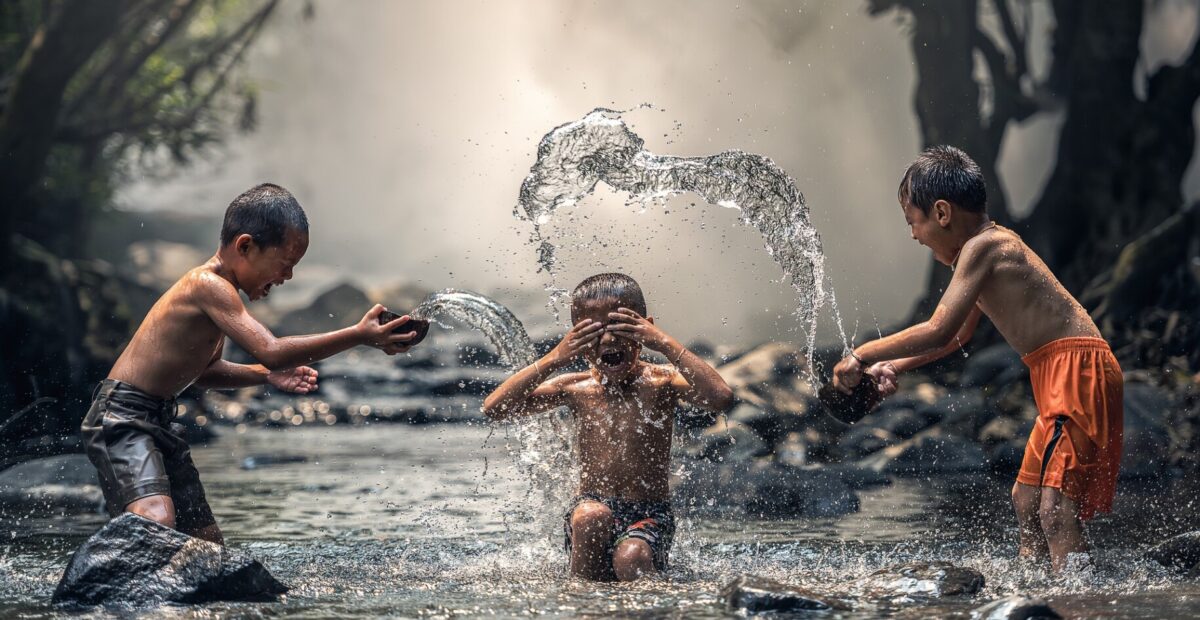
Watch
The value of water

By Alessandra Smerilli
We cannot live without water and, in most cases, we cannot eat or work either. Today, 2.2 billion people in the world still lack everyday access to water resources and drinking water.
Climate change is making the situation even more dramatic in many parts of the world, where chronic water shortage is a major emergency threatening the food security of entire communities.
Water is a common good, but it is also a basic, essential and universal human right, because people’s survival depends on it. And, as a human right, it must be protected. Unlike the grass, or the air we breathe, water needs infrastructure and labour in order to be distributed. We therefore need not only cooperation, but also an efficient management strategy that does not favour a few but benefits everyone.
Today, we are witnessing a paradox: while many do not have daily access to drinking water, a lot of it is being wasted in other parts of the world – both in individual consumption and in distribution networks, where high losses sometimes occur. The issue of water is partly a matter of efficiency and sustainability, partly a cultural and educational problem. While infrastructure certainly needs to be improved, we should all ask ourselves how much water we waste every day during simple daily tasks like taking a shower or cleaning our homes. Maybe we could manage to waste less if we realized the value of water. But we know that is difficult.
In some cultures, water is a sacred element, for Saint Francis it is ‘Sister Water’, a sign of fertility and a source of life. In Economics, we recall the famous example by Adam Smith, who affirmed: “Nothing is more useful than water, but it will purchase scarce anything, scarce anything can be had in exchange for it”. Smith wanted to emphasize the difference between “value in use”, which is extremely high in the case of water, and “value of exchange”, which, for water, is very low. Diamonds, on the other hand, have very low value in use but great value of exchange. Today, in a world where value of exchange – that is to say, the match of supply and demand – seems to have become the standard for everything, we should perhaps take a step back and understand the intrinsic value of things, the difference between goods and merchandise, and, above all, the difference between common goods and private goods. Water – a common good – is for everyone, and it must reach everyone, because no one can live without it.
Source:






